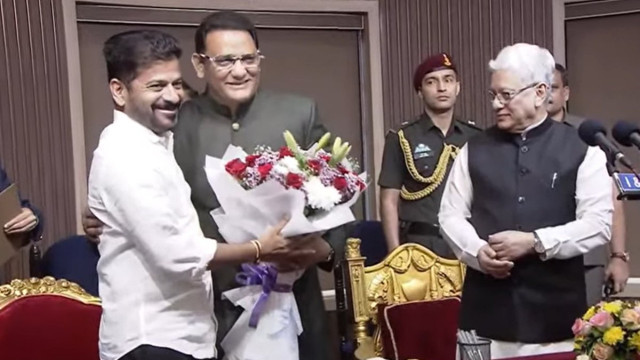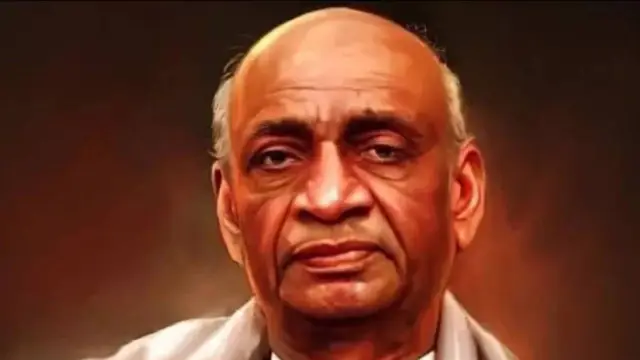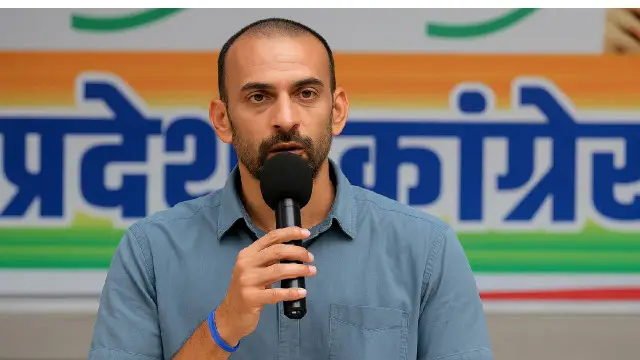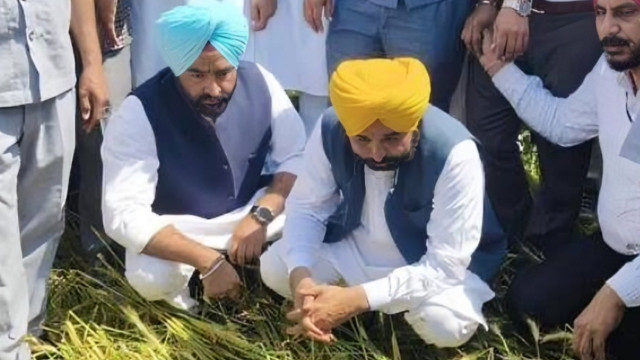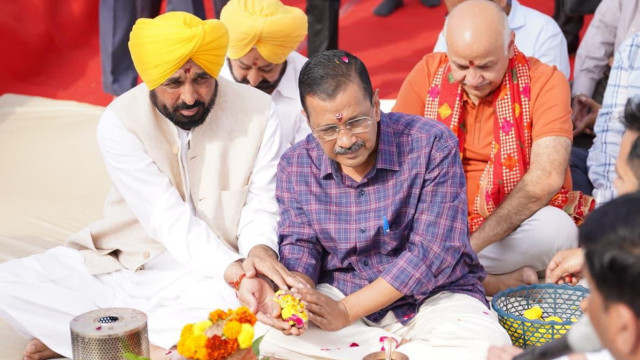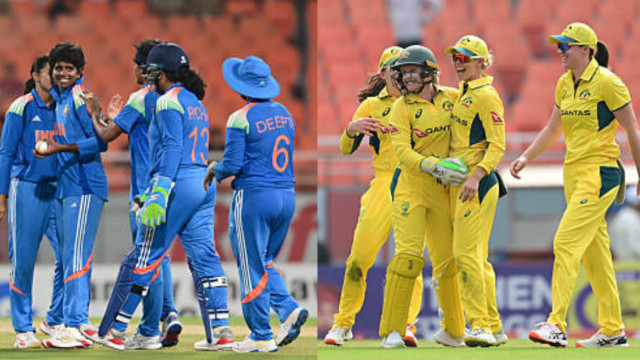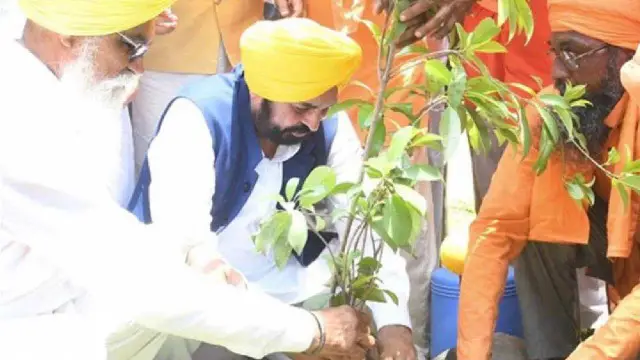Decoding centuries-old curse that made men perform Garba in sarees of Ahmedabad's village during Navratri
This longstanding tradition can be traced back to a woman named Saduben, who sought help from the men of the Barot community against a Mughal nobleman.

New Delhi: Every year, during the vibrant festival of Navratri, a remarkable tradition takes place in Sadu Mata Ni Pol, a neighborhood in Ahmedabad. Men from the Barot community don sarees and perform Garba, a ceremonial dance, on the eighth night of the festival. This unique custom, which has been practiced for over 200 years, is rooted in a tragic and poignant story that shaped the community’s cultural identity.
The origin of the tradition
This longstanding tradition can be traced back to a woman named Saduben, who sought help from the men of the Barot community against a Mughal nobleman. Unfortunately, they failed to protect her, leading to a devastating tragedy where she lost her child. In her grief, Saduben cursed the Barot men, condemning future generations to live with shame and guilt. To atone for their ancestors’ failure, the men of the community began this ritual as an act of redemption and reconciliation.
Celebrating Navratri with garba
Sadu Mata Ni Pol becomes a lively center of celebration during Navratri. The narrow streets are filled with locals and visitors, all gathering to witness men, clad in colorful sarees, perform Garba to the rhythmic beats of Sheri Garba. This unique celebration not only honors the past but also serves as a strong symbol of the community’s rich cultural heritage.
Honoring Sadu Mata
To honor the spirit of Saduben, also known as Sadu Mata, a temple was built in her name. Every year, the men of the Barot community perform Garba in her honor, expressing gratitude and humility. Many believe that Sadu Mata has blessed their families, providing them with health and prosperity.
The Barot community has long been known for preserving heritage and storytelling. Through this tradition, they not only celebrate their cultural past but also strengthen their community bonds. The act of men wearing sarees for Garba is a powerful expression of faith, humility, and respect for their ancestors. For the men of the Barot community, this tradition is a meaningful way to thank Sadu Mata for her blessings. The annual ritual, which continues to draw visitors, reflects the resilience and enduring spirit of the community, showcasing their commitment to cultural preservation and reverence.




